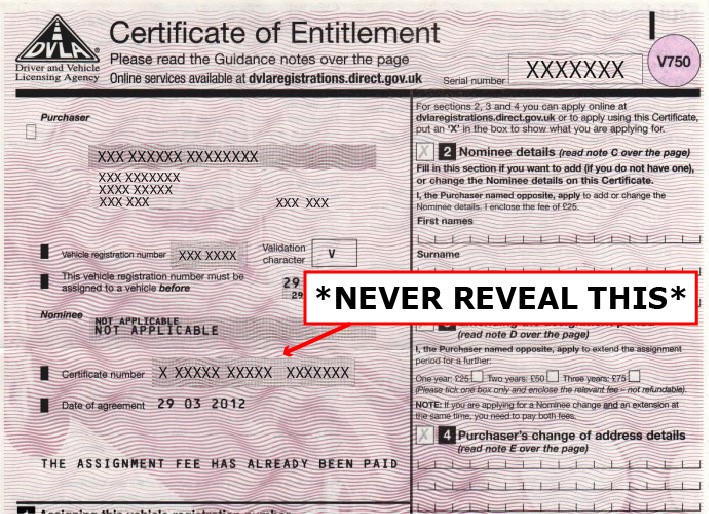Surge in Social Media Scams Targeting Private Number Plate Enthusiasts
Experts are sounding the alarm for vehicle owners, cautioning them against engaging in transactions involving personalised number plates on social media platforms, as the prevalence of scams continues to rise.
Motorists face the potential loss of substantial sums—ranging from hundreds to thousands of pounds—when listing their custom UK private plates for sale on social media buying and selling platforms, as fraudulent cases soar.
Plates4Less, a constituent of VRM Swansea, has unveiled the top three scams to be aware of, accompanied by a comprehensive guide aimed at equipping motorists with tools to evade potential deception.
Three types of scams necessitate vigilance:
- An unsuspecting buyer places a wanted advertisement. A scammer extends an enticing offer, prompting a private transaction. However, the buyer neither receives the plate nor recoups their money.
- A fraudster masquerading as a buyer manipulates a seller into furnishing their certificate of ownership prior to any monetary exchange, only to abandon the sale thereafter.
- A scammer posts an item for sale which they do not possess, frequently exploiting someone else’s entitlement copy as fabricated evidence of ownership.
Plates4Less, headquartered in Swansea, dedicates itself to facilitating the purchase and sale of private number plates across the UK and Northern Ireland.
Antony Clark, Marketing Manager at Plates4Less, revealed, “Instances akin to these are becoming increasingly common, and their frequency is on the rise. Prospective buyers must exercise due diligence to ascertain that the seller is the legal owner of the registration mark prior to parting with their funds.
“We advocate for conducting transactions in person whenever feasible. If an offer appears too enticing to be true, it is prudent to exercise caution,” he emphasised.
The surge in such cases can be attributed in part to governmental procedural changes allowing anyone in possession of a valid certificate number to promptly assign that registration mark to their vehicle. The applicant’s association with the registration mark is no longer requisite. Thus, individuals who innocently display their certificate online or suffer email breaches become prime targets, as scammers can exploit or peddle the information with ease.
The aftermath of private number plate theft frequently dawns on victims when they attempt to employ the registration mark, only to realise that it has been allocated to a different vehicle.
Plates4Less imparts the following protective guidelines for owners of private number plates:
- Refrain from sharing images of certificates online.
- Securely store physical documentation and conduct periodic checks every six months, including verifying its validity.
- Monitor emails to identify potential hacking attempts on online DVLA accounts, where registration plate details are archived.
- Engage with reputable entities to vend or appraise a number plate. Validate their credibility through third-party website reviews.
Antony additionally stated, “To uphold the safety of both parties, we recommend the engagement of a trustworthy and fully accredited intermediary like Plates4Less, ensuring a secure exchange of funds and goods. We furnish a secure and gratifying experience for both buyers and sellers. Clarity and assurance are paramount, as both parties understand their positions and what they are procuring at a fair value.”

